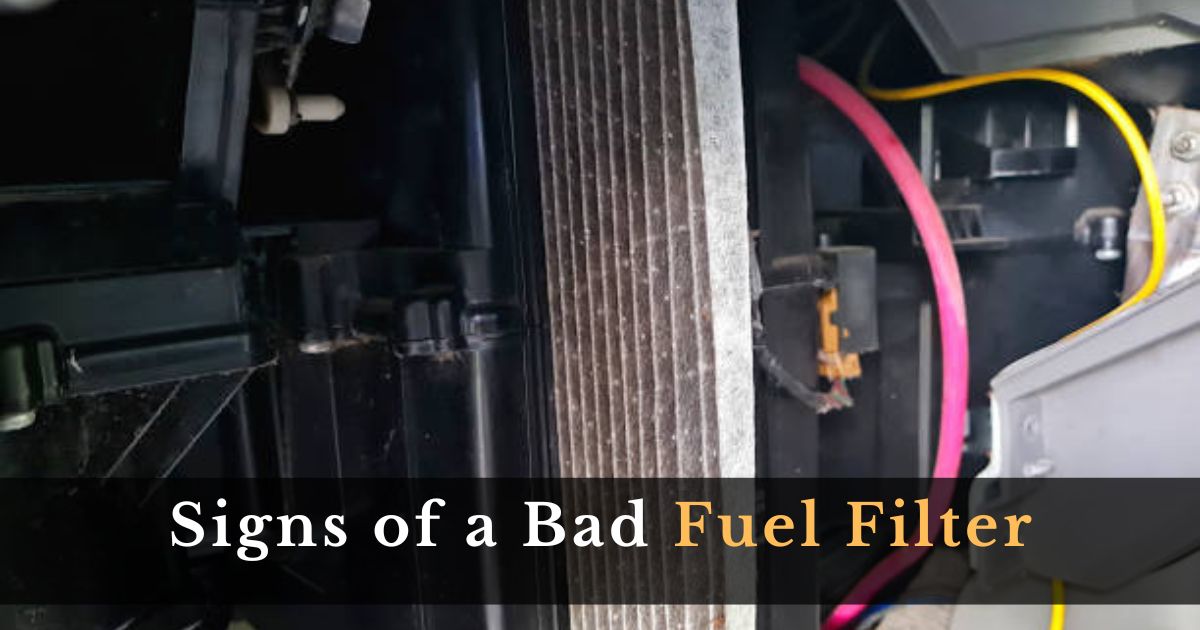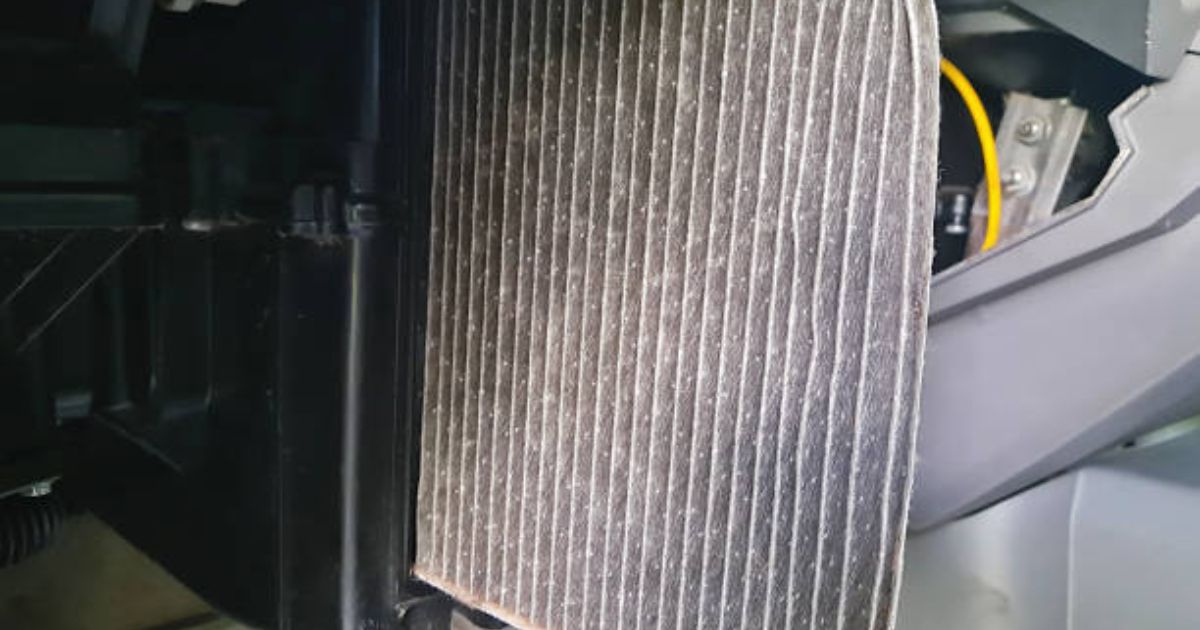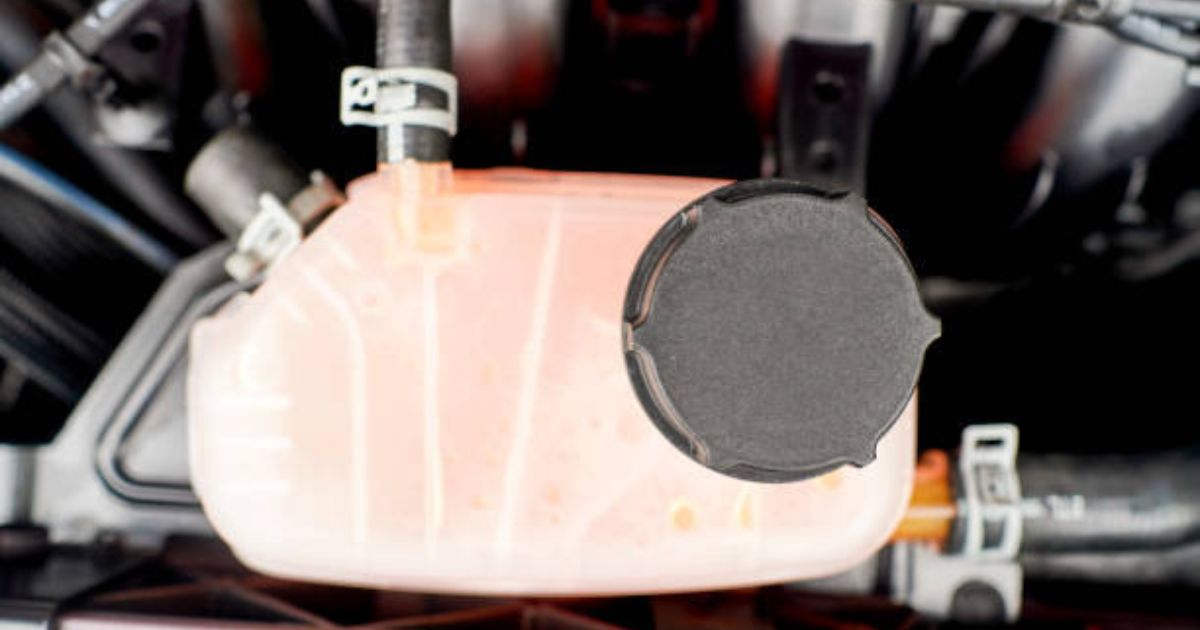Signs of a bad fuel filter, A good fuel filter is important for your car to run well and last longer. It makes sure clean fuel gets to your engine, keeping out dirt and harmful stuff. If the fuel filter isn’t working right, it can cause engine problems. Knowing the signs of a bad fuel filter can help you avoid expensive repairs and keep your car running smoothly. Here’s a simple guide to spotting a bad fuel filter.
Signs of a Bad Fuel Filter
Fuel filters may not be the most glamorous part of your vehicle, but they play a crucial role in its performance and longevity. Understanding the signs of a bad fuel filter can save you from unexpected breakdowns and costly repairs down the road.
What Does a Fuel Filter Do?
Before diving into the signs, let’s clarify the job of a fuel filter. Essentially, it acts as a barrier between the fuel tank and the engine, ensuring that only clean gasoline or diesel reaches the combustion chamber. By filtering out dirt, rust, and other debris from the fuel, it prevents these contaminants from clogging the engine and causing damage.
How to Fix a Bad Fuel Filter
If you suspect your fuel filter is clogged or failing, it’s essential to address the problem promptly:
Consult a Mechanic: Have a professional diagnose the issue to confirm it’s the fuel filter.
Replace the Fuel Filter: Fuel filters are generally inexpensive and replacing them can restore your vehicle’s performance.
Regular Maintenance: Follow your vehicle manufacturer’s recommended maintenance schedule to replace the fuel filter at regular intervals.
Common Signs of a Bad Fuel Filter
Engine Hesitation and Stalling When a fuel filter becomes clogged, it restricts the flow of fuel to the engine, leading to hesitation during acceleration or even causing the engine to stall unexpectedly.
Difficulty Starting the Engine A partially blocked fuel filter can make it harder for the engine to start, especially after your vehicle has been sitting idle for a while.
Sudden Loss of Power If you notice a sudden loss of power while driving, particularly when you press down on the accelerator, it could be due to a fuel filter that’s reached its limit for trapping contaminants.
Misfiring or Rough Idling A bad fuel filter can disrupt the steady flow of fuel to the engine cylinders, resulting in rough idling or noticeable engine misfires.
Signs of a Bad Fuel Filter
| Sign | Description |
| Engine Performance Problems |
– Hesitation or sputtering when accelerating – Engine misfires or runs rough – Reduced engine power
|
| Illuminated Check Engine Light |
The Malfunction Indicator Lamp (MIL) or Check Engine Light can come on due to various reasons, but a clogged fuel filter can be one of them.
|
| Vehicle Cranks But Doesn’t Start |
In severe cases, a completely clogged filter can prevent enough fuel from reaching the engine, making it difficult or impossible to start your car.
|
| Reduced Fuel Economy |
A clogged filter restricts fuel flow, forcing the engine to work harder and burn more fuel to maintain the same power.
|
| Fuel Leaks (Less Common) |
In rare cases, a clogged filter can cause excessive pressure buildup leading to leaks around the filter itself.
|
Impact of a Bad Fuel Filter on Vehicle Performance
Ignoring a clogged fuel filter can have broader implications beyond immediate performance issues. It can lead to more severe engine problems over time, potentially requiring expensive repairs or replacements of vital components.
Causes of Fuel Filter Issues
Common culprits behind fuel filter problems include the buildup of contaminants like dirt and rust from the fuel itself, as well as the natural wear and tear that comes with age.
How Often Should You Replace Your Fuel Filter?
While specific intervals vary by vehicle make and model, it’s generally recommended to replace your fuel filter every 20,000 to 40,000 miles. Factors such as driving conditions and fuel quality can influence this timeline.
Steps to Replace a Fuel Filter
Replacing a fuel filter can be a straightforward task with the right tools and knowledge. However, some prefer to leave it to professionals for peace of mind, especially if it involves more complex procedures.
Preventive Maintenance Tips
To prolong the life of your fuel filter and ensure optimal engine performance, consider regular inspections and periodic cleaning of your vehicle’s fuel system.
Choosing the Right Fuel Filter
When replacing your fuel filter, ensure it meets the specifications recommended by your vehicle manufacturer and opt for quality filters to maintain consistent performance.
A bad fuel filter can lead to a range of engine problems, from minor performance issues to complete engine failure. By recognizing the signs early, such as engine misfires, difficulty starting, poor performance, frequent stalling, unusual fuel pump noises, and an illuminated check engine light, you can take action to replace the filter before it causes severe damage. Regular maintenance and timely replacement of the fuel filter are key to keeping your vehicle running smoothly and efficiently.
FAQs
How do I know if my fuel filter needs replacing?
Look out for signs like engine hesitation, difficulty starting, and sudden loss of power.
Can a clogged fuel filter cause check engine light?
Yes, a severely clogged fuel filter can trigger the check engine light due to fuel delivery issues.
Is it safe to drive with a bad fuel filter?
While you may manage for a short period, prolonged driving with a bad fuel filter can damage your engine.
How much does it cost to replace a fuel filter?
Costs vary, but typically range from $50 to $200 depending on the vehicle and labor costs.
What happens if you never change your fuel filter?
It can lead to fuel pump failure and potentially damage other engine components over time.





